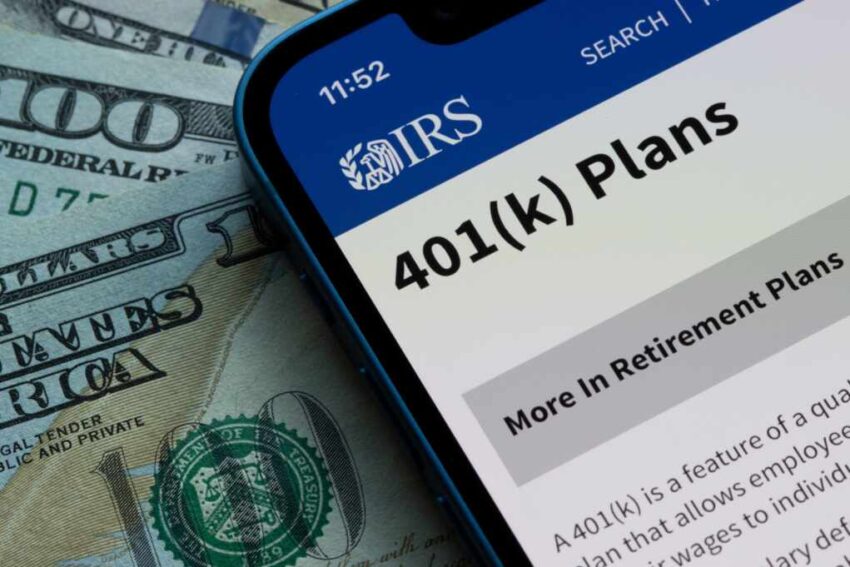What if you could dip into your 401(k) early, dodge that pesky 10% penalty, and still secure your financial future? The IRS has some new tricks up its sleeve, and here’s how it all plays out.
At a Glance
- New IRS rules allow penalty-free withdrawals from 401(k) accounts under specific conditions.
- The SECURE 2.0 Act introduces fresh exceptions, effective from 2024.
- Exceptions include emergencies, disasters, and specific life events.
- While penalty-free, these withdrawals are still subject to income taxes.
Expanded Penalty-Free Withdrawal Options
For years, early withdrawals from 401(k) accounts have been a financial tightrope, with a 10% penalty holding back those desperate for access. However, the SECURE 2.0 Act, effective in 2024, has broadened the exceptions list, offering a lifeline to many. This legislation allows withdrawals without penalties for emergency personal expenses up to $1,000 annually, federally declared disasters with a cap of $22,000, and even victims of domestic abuse who can access up to $10,000 or 50% of their account balance.
This shift comes in response to an increasing demand for financial flexibility amidst growing economic uncertainty. The rules now reflect real-world needs, from medical emergencies to job losses, but not without a caveat: while the penalty may be waived, these withdrawals are still subject to income taxes.
Understanding the Exceptions
The IRS exceptions for early withdrawals aim to address immediate financial distress without compromising long-term retirement security entirely. Alongside the new rules, longstanding exceptions remain, including withdrawals for medical expenses above 7.5% of adjusted gross income, disability, and health insurance premiums during unemployment. The Rule of 55 allows for penalty-free withdrawals after job separation for those aged 55 and older, or 50 for public safety workers.
These provisions are crucial for individuals facing severe financial emergencies, offering a financial buffer in times of need. However, they also highlight a pressing issue: the need for parallel emergency savings vehicles to reduce the reliance on retirement funds, which should ideally remain untouched until retirement.
Risks to Consider
While expanded access to retirement funds without penalties might seem like a blessing, it comes with potential long-term consequences. Early withdrawals can significantly impact the growth of retirement savings, undermining financial security in later life. The immediate relief may lead to a future shortfall, leaving individuals ill-prepared for retirement.
Financial advisors consistently warn against using 401(k) funds as a primary emergency resource. The loss of compound growth can be substantial, and regular withdrawals, even if penalty-free, can pave the way for a financially unstable retirement. It’s crucial for individuals to weigh their options carefully and consider alternative solutions before tapping into their retirement accounts.
A Conservative Take on Financial Responsibility
This expansion of penalty-free withdrawals is a double-edged sword. While it acknowledges the real-world struggles of many Americans, it also risks encouraging a dependency that could undermine personal responsibility and increase future reliance on government safety nets. The conservative perspective emphasizes the importance of financial planning and self-reliance, advocating for comprehensive financial education and personal savings strategies as a means to strengthen individual and national financial health.
Ultimately, the new rules offer an opportunity for those in dire need but should be approached with caution and foresight. It’s a reminder of the importance of planning and the potential pitfalls of short-term financial decisions on long-term security.
Click this link for the original source of this article.
Author: Editor
This content is courtesy of, and owned and copyrighted by, https://republicanpost.net and its author. This content is made available by use of the public RSS feed offered by the host site and is used for educational purposes only. If you are the author or represent the host site and would like this content removed now and in the future, please contact USSANews.com using the email address in the Contact page found in the website menu.








